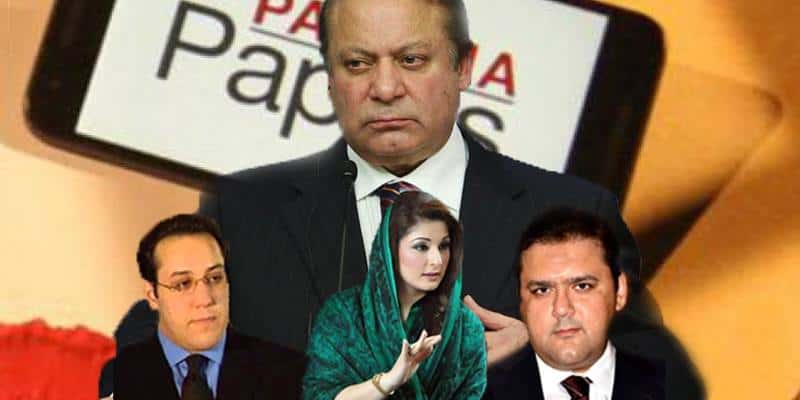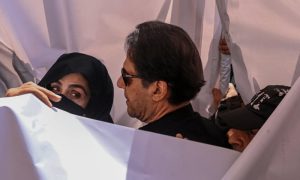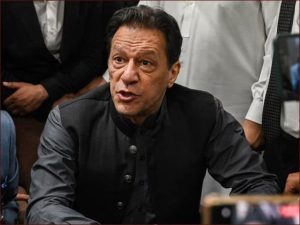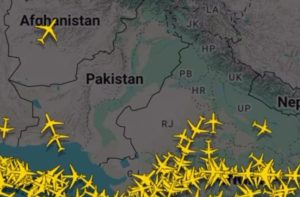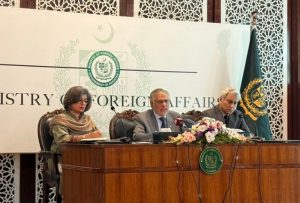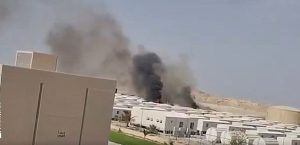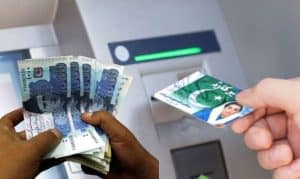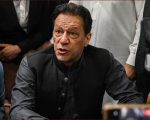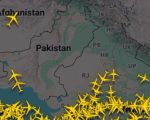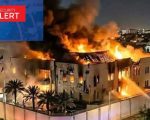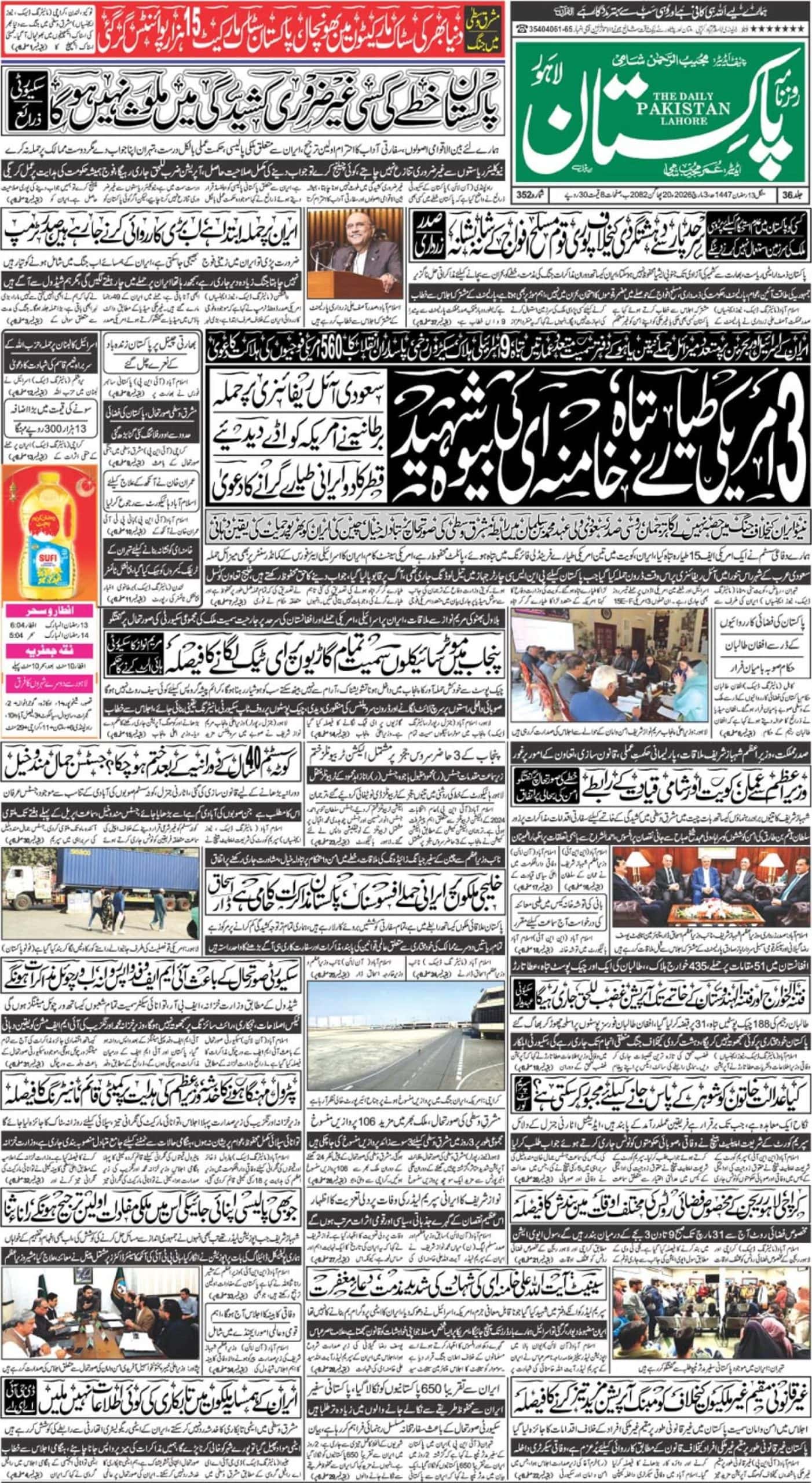ISLAMABAD – Supreme Court’s larger bench announces the much-awaited verdict of Panama Leaks Case against the ruling Sharif Family.
According to the judgment, the premier would not be disqualified and a JIT (Joint Investigation Team) would be formed to probe money trail of Sharif family. Prime Minister Nawaz Sharif along with Hassan and Hussain nawaz would appear before the JIT.
Chairman NAB, FIA both failed to perform their duties – Supreme Court
The JIT would report to the court after every two weeks and would complete the proceedings in 60 days. It would be including representatives from Intra Services Intelligence, Military Intelligence, Federal Investigation Agency, Securities and Exchange Commission of Pakistan and National Accountability Burueau.
The JIT would start its proceedings in next seven days and a supreme court bench would formulate the JIT. Justice Asif Saeed and justice Gulzar Ahmed also had a dissenting opinion regarding formation of a JIT.
Full Text of Panama Leaks Case Verdict
‘JIT would be headed by additional director of Federal Investigations Agency and the final decision of supreme court would be based on the report finalized by it’ stated the judgment.
Three of the judges agreed to the judgment passed out by apex court whereas two judges Justice Asif Khosa and Justice Gulzar Ahmed had a dissenting opinion, who wanted premier to be de-notified.
The judgment comprising of 540 pages was majorly authored by Justice Ejaz Afzal Khan. Page 193 of Panama verdict says neutrality and impartiality of the Chairman NAB has been found compromised in the matters of PM.
It also stated that the chairman NAB was unable to perform his duties which led to the formation of Joint Investigation Team (JIT).
The judges observed that an investigation was still needed to probe money trail regarding Qatari investment.
The judgment was announced by a five-member bench headed by Justice Asif Saeed Khosa and comprising Justice Ejaz Afzal Khan, Justice Gulzar Ahmed, Justice Sheikh Azmat Saeed and Justice Ejaz ul Ahsan.
The Panama Story
The issue of Panama Leaks came to light on April 4, 2016, as part of a massive leak of secret files from a Panamanian law firm that specialises in setting up offshore companies. A trove of 11.5 million digital records from the Panamanian law firm Mossack Fonseca last year revealed how world’s wealthy used offshore companies to stash assets.
According to the Panama Papers, three of Nawaz Sharif’s four children – Maryam, Hasan and Hussain – were owners of offshore companies and “were owners or had the right to authorise transactions for several companies.” but the Sharif family has dismissed the allegations of money laundering and denied any wrongdoing.
Since the Panama Papers in June 2016, opposition parties have been jumping at the opportunity to register their protests and mobilise supporters to rally against Nawaz Sharif.
Pakistan Tehreek-e-Insaf sporadically hit back at the government and a coalesced opposition led by Pakistan Peoples Party initially tried to draft Terms of References (TOR).
The parliamentary committee discussed the TOR’s in its meetings. During this time, Prime Minister Nawaz Sharif went to London for his open-heart surgery. On June 20, opposition parties boycotted the parliamentary committee proceedings.
Later, PTI chief Imran Khan announced that he would initiate a protest against the government. Following this, Pakistan Tehreek-e-Insaf filed a petition in the Supreme Court on August 29 against the Prime Minister’s family.
However, the apex court returned the petition terming it ‘frivolous’.
In early September, Imran Khan led a huge rally in the provincial capital and announced his decision to stage a massive gathering in Raiwind on September 30.
Meanwhile, Speaker of National Assembly Ayyaz Sadiq also dismissed disqualification references against Prime Minister Nawaz Sharif but forwarded references against Imran Khan and Jahangir Tareen to Election Commission.
On October 20, 2016, the Supreme Court took up petitions by Pakistan Tehreek-e-Insaf, Jamaat-e-Islami, Jamhoori Watan Party and others for hearing in an open court.
Imran Khan who vowed to lock down the capital on November 2 announced that he was calling off the protest after the court issued notices to Premier Nawaz Sharif and others.
On November 3, the apex court declared the petitions maintainable and announced a single-member commission to probe into he Panama Leaks.
As a consequence, the proceedings started in the Supreme Court and PTI presented their arguments before the three-member bench comprising Chief Justice Anwar Zaheer Jamali, Justice Ijazul Hassan and Justice Khilji Arif Hussain.
On November 15, the ruling Sharif family submitted a letter by Qatari prince Jasim which suggested that the London flats were purchased through a joint investment done by Nawaz Sharif’s father, the late Mian Shareef.
On December 9, the apex court adjourned the hearing till January due to the retirement of Chief Justice Anwar Zaheer Jamali.
Pakistan Tehreek-e-Insaf changed their lawyer from Hamid Khan to Naeem Bukhari, while Akram Sheikh represented Sharif children’s. Nawaz Sharif himself was defended by Makhdoom Ali Khan.
On January 6, a new five-member bench headed by Asif Saeed Khosa and comprising Justice Ejaz Afzal Khan, Justice Gulzar Ahmed, Justice Sheikh Azmat Saeed and Justice Ejaz ul Ahsan ordered Sharif family to submit the money trail for their offshore properties and businesses.
During the last week of January, Sharif family submitted the money trail including another Qatari letter, affidavit of Tariq Shafi, Dubai and Azizia factory sale receipt, Hudaibia paper mills audit report and other documents.
After scores of proceedings, the apex court completed its proceedings on February 23 and announced that they had reserved the judgment.
Heading a five-judge bench hearing a slew of petitions against the Sharif family, Justice Asif Saeed Khosa observed that 26,000 pages were submitted in the case and the judges will read “each word” of it.
“We will decide this case only by the law, in such a way that 20 years down the line, people will be able to say that this judgment was made by the book,” Justice Khosa said.
The judgement remained reserved for an extended period and on April 18, the cause list issued by Supreme Court revealed that the historic judgment would be announced on Thursday April 20 at 2 PM after a gap of 57 days.

